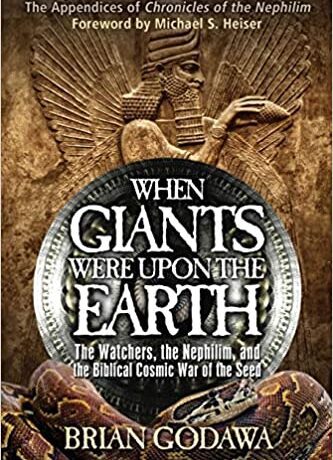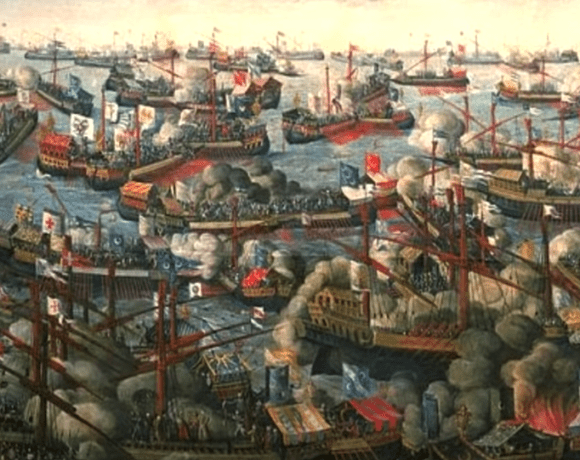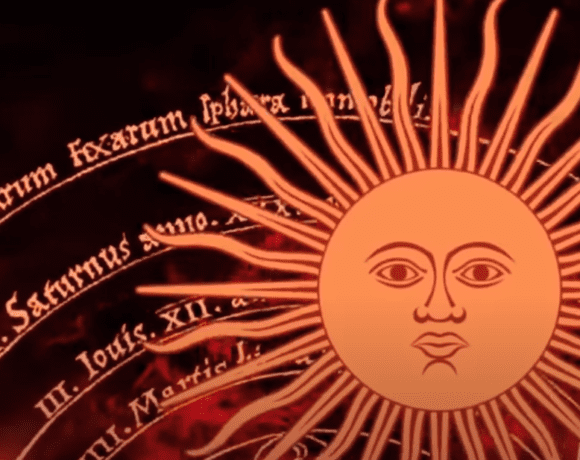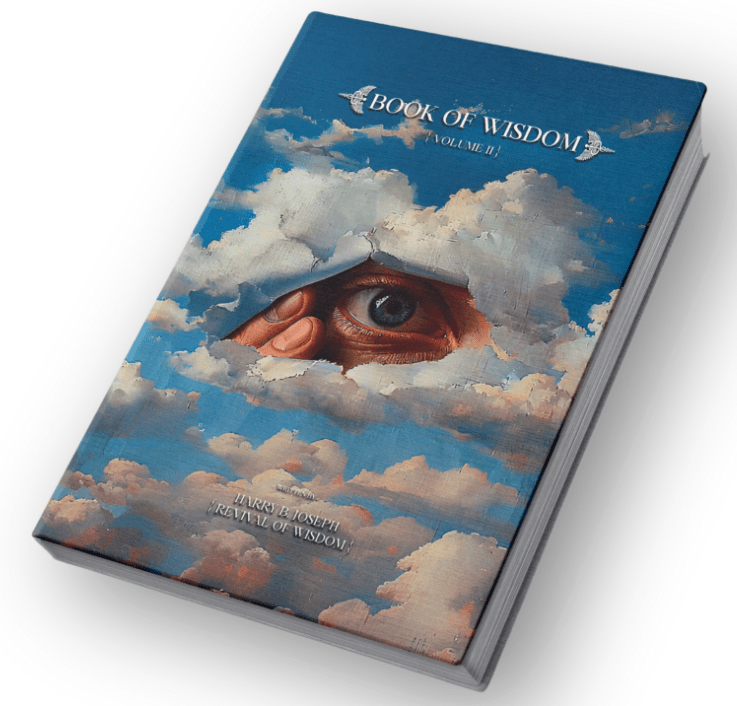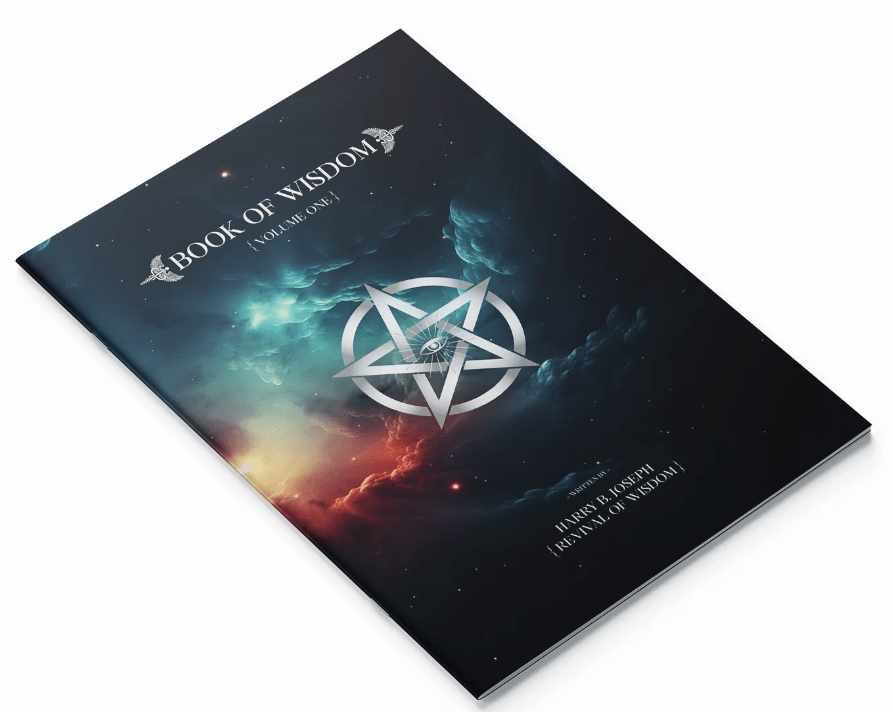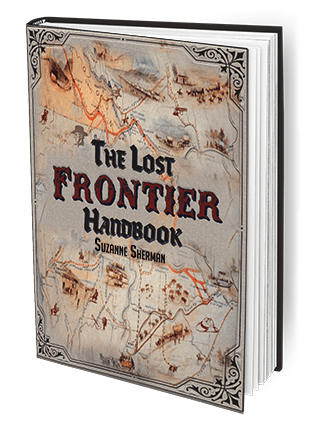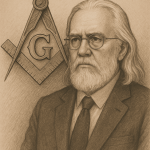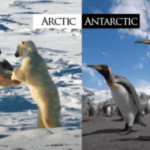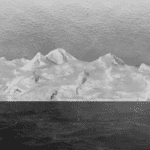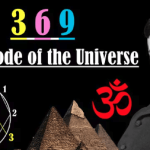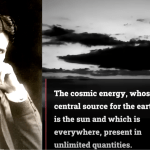The flood myth is a story that has transcended time and culture, appearing in various forms and iterations across the world. In this article, we’ll be exploring the significance of this myth and its prevalence in different cultures, as discussed in Eric Dubay’s video “The Lost Legends of Atlantis.”
The Significance of the Flood Myth Across Cultures
The flood myth is a story that has been passed down through generations, appearing in various forms and iterations across the world. Eric Dubay’s video “The Lost Legends of Atlantis” delves into this myth’s significance and prevalence in different cultures, including the Sumerian/Mesopotamian, Aztec, Central American, Maya, and Chickasaw Native American cultures.
Exploring the Origins and Meaning of the Flood Myth
The flood myth raises questions about its origins and meaning. Is it a literal account of a worldwide flood, or is it a metaphorical story with hidden meanings? Dubay notes that some people have interpreted the flood myth as a warning about the dangers of overconsumption and environmental destruction. Others believe that the story is rooted in actual historical events, such as the flooding of the Black Sea or the melting of ice sheets during the last Ice Age.
Controversies Surrounding the Flood Myth
The flood myth is not without controversy, as some people dismiss it as a mere legend, lacking any basis in reality. Others point to inconsistencies in the various flood stories as evidence that they are not based on a single historical event. However, despite these controversies, the flood myth holds a deep significance for many cultures and speaks to our primal fears and resilience in the face of adversity.
Uncovering the Deeper Meaning of the Flood Myth
Ultimately, the significance of the flood myth lies in its ability to capture our imagination and inspire awe and wonder. It reminds us that we are part of a larger narrative, connected to the history and culture of the world. By exploring the deeper meaning of this myth, we can gain a deeper understanding of ourselves and the world around us.

